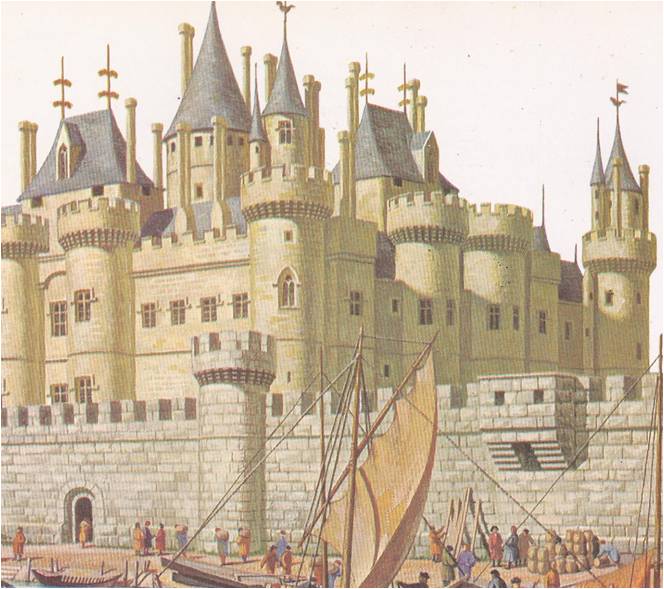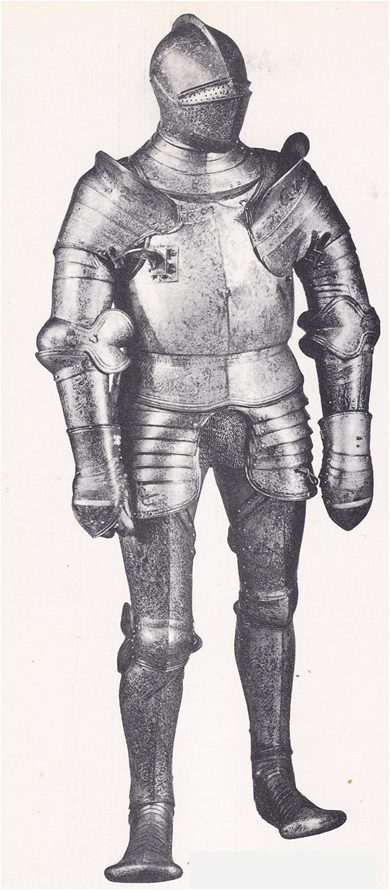Today we speak the words, “I am a World citizen,” with pride. To the people of the ancient world the statement, “I am a Roman citizen,” was a badge of high honour. Beginning as a small city state in Italy, Rome grew into a vigorous republic and finally into an empire so mighty that it included the whole of the Mediterranean world. Even after Rome’s grandeur had waned, its influence lived on among later peoples. Rome’s history is a reminder that the destiny of a nation rests more on the wisdom of its leaders and the character of its people …
Read More »Tag Archives: Alps
The Rise of Napoleon Bonaparte 1796-1802
In March of 1796, a new commander named Napoleon Bonaparte was placed in charge of the French army on the Italian front. The soldiers and officers were amazed when they first saw him. He was short, thin, pale, only twenty-seven years old and spoke French with an Italian accent. Napoleon was not an unknown. He had first come to public attention as the young artillery officer who drove the British fleet from the harbour at Toulon. Later, as a brigadier general, he had successfully defended the Convention from an uprising in Paris. What most people did not know was that …
Read More »The War Spreads 1625 -1648
THE BLOOD-LETTING in Germany aroused new ambitions in many of the kings of Europe. In Denmark and Sweden, the strong Protestant king: who were taming opposition at home began looking to Germany as a land ripe for conquest. Furthermore, in attacking Germany they were also attacking the hated power of Roman Catholicism. Quickest of all to act was Christian IV, king of Denmark. Christian did not doubt that he was equal to the task. At the age of five he had learned fencing and the use of firearms‚ waking at five each morning and practicing long hours. He became king …
Read More »The Counter Reformation 1521-1648
THE BLAST OF MUSKETS and the clang of swords against armour echoed across the plains of Italy, Spain and the Lowlands. Warriors of the king of France were clashing with the Spanish infantry and German knights of the Holy Roman Emperor. Control of the nations of Europe was the prize both nations sought. They schemed and plotted; their generals planned campaigns; their soldiers marched out to victory or defeat. Victories counted for little, for much of Europe’s future was decided by another, different kind of war – a war for the minds and souls of men. Village squares and royal …
Read More »The Italian Kings of France 1494 – 1590
In all Europe there was no greater admirer of Italy than Francis I, king of France. Francis practiced Italian manners in his court, built Italian palaces in his parks and kept Italian books in his library. He collected Italian paintings and the artists who painted them. Indeed, the king admired Italy so much that he wanted to conquer it all. Francis was not the first ruler to feel these strong Italian longings. In England, Spain and Germany, kings and princes were busily remodeling their courts, their castles and themselves in the Italian manner. Though the little states of Italy were …
Read More »Milan, City of Splendour and War 1277-1515
Milan’s most important business street had no displays of velvet cloaks, bright bolts of silk, or cloth-of-gold. It was a dusty, smoky street, made hot by the fires of forges and filled with the din of hammers shaping steel — the Street of the Armourers. Milan made the finest armour in the world. In the Middle Ages, the crusaders came there for chain mail and it was said that entire armies were outfitted in a few days. Later, the fashions of war changed. Knights wore heavy suits of jointed steel plates that covered them from head to toe and elegant …
Read More »The Town and the Guild 1100 -1382
ONE FINE SPRING MORNING, in the French town of Troyes, in the county of Champagne, a bell rang out through the clear air. The people streaming along the road to the town knew why the bell was ringing; it signaled the start of another day of the fair. Now they walked faster or whipped up their horses, anxious not to miss any of the excitement. Most of them were merchants, who had come to buy the goods that were on display. Some were lords and ladies, who hoped to find gleaming silks from the Orient, or fine Spanish leather, or …
Read More »The City of Aeneas 1000 B. C. – 500 B. C.
The minstrels who wandered from country to country in the ancient world told a legend of Aeneas, a Trojan prince. According to the story, Aeneas escaped the Greeks who broke through the walls of Troy and fled to his ships with a little band of warriors. Rowing out onto the Hellespont, they watched while a great fire destroyed their city and they knew that they could never return to Troy. Then, the storytellers said, the gods spoke to Aeneas, telling him to turn his ships west. They commanded him to sail away from the Hellespont and the Aegean Sea, past …
Read More »






